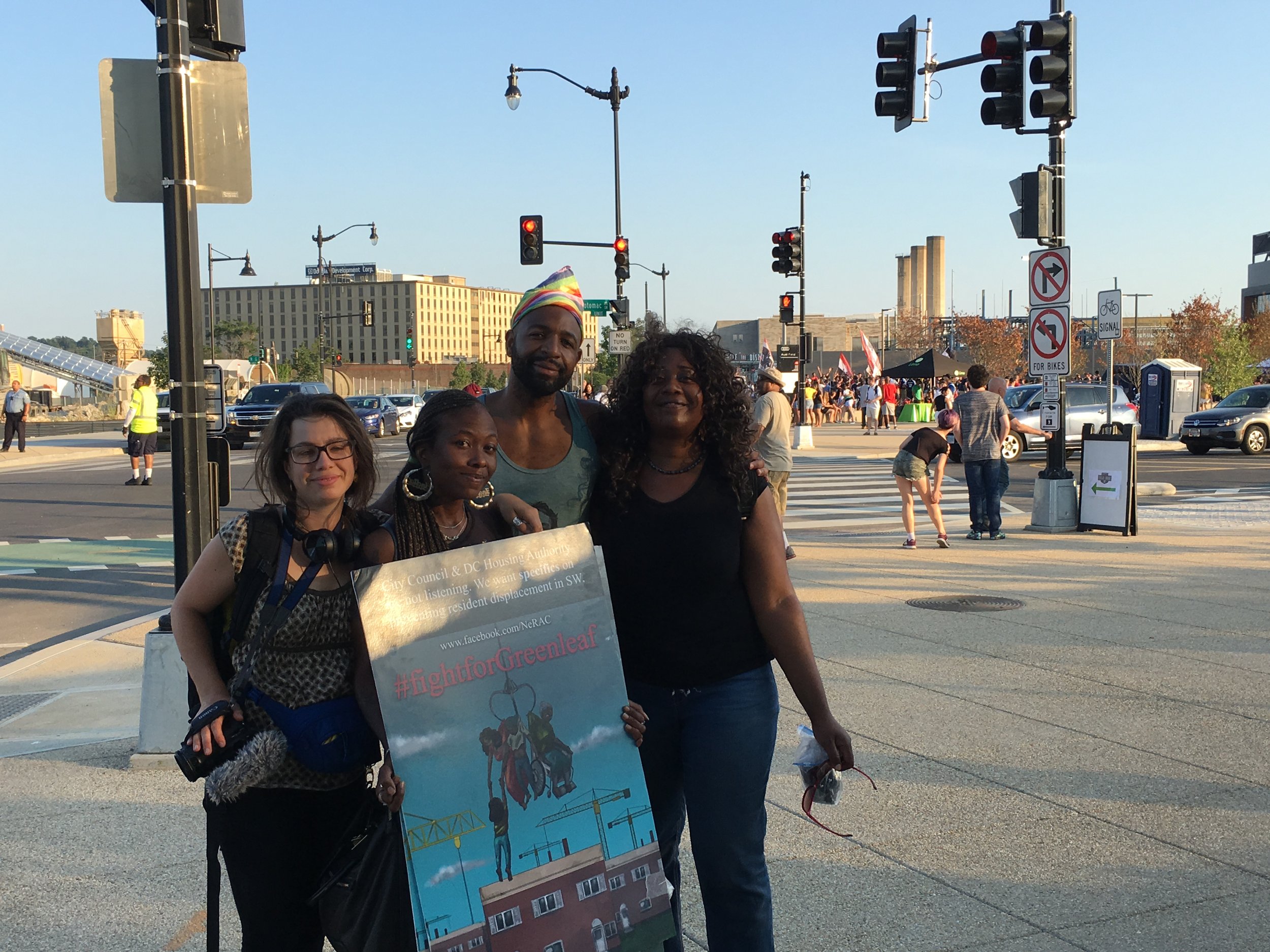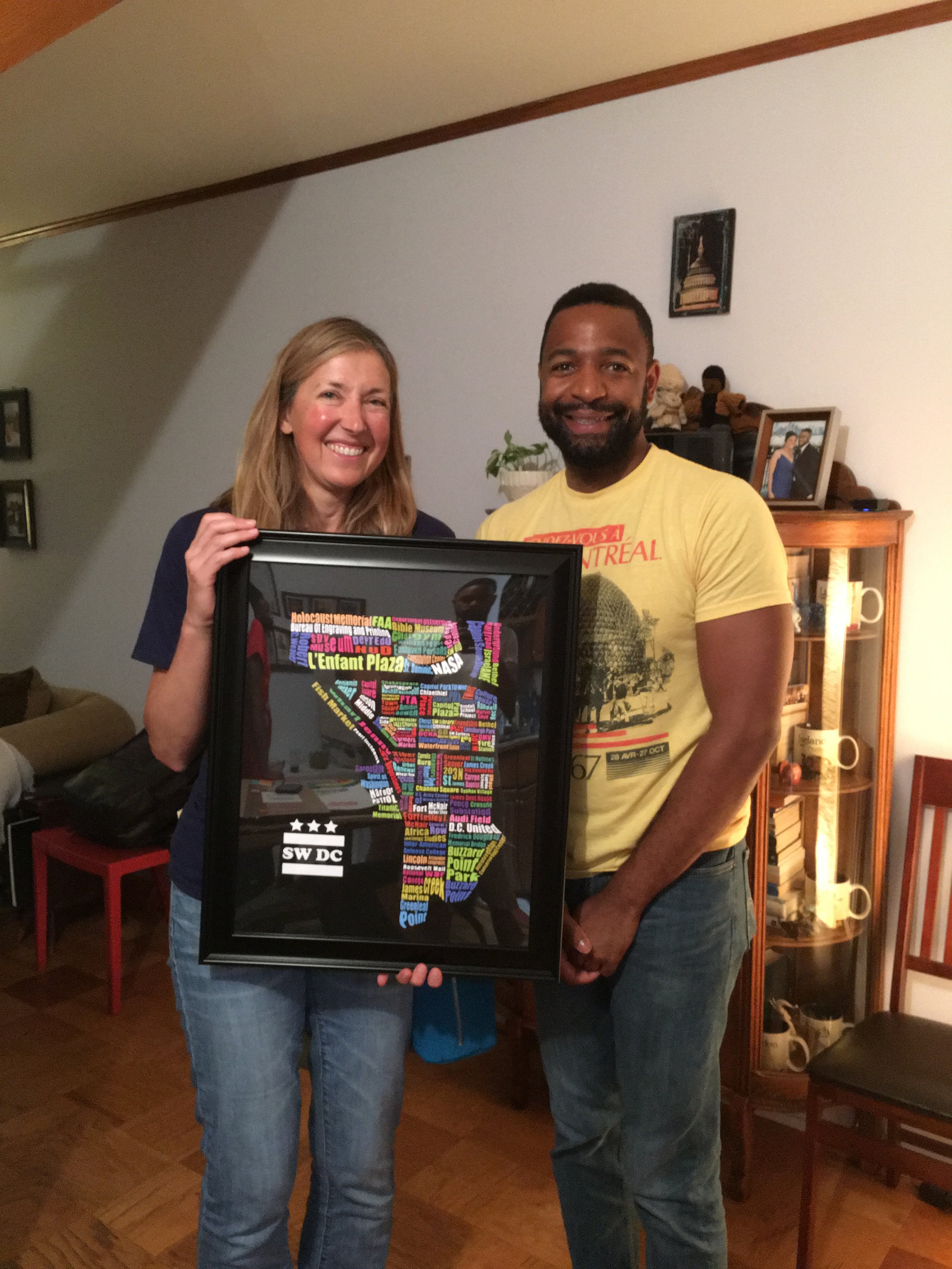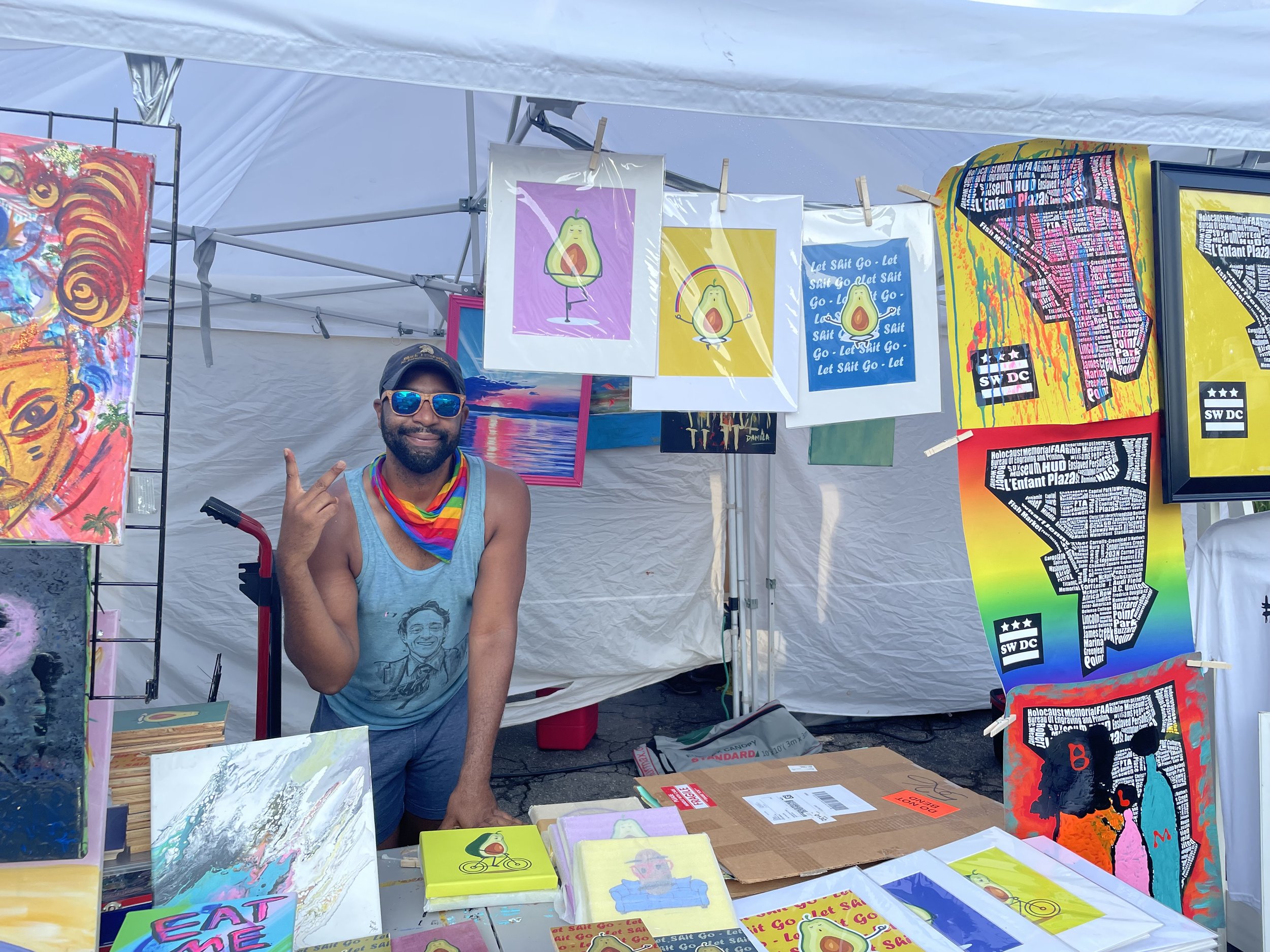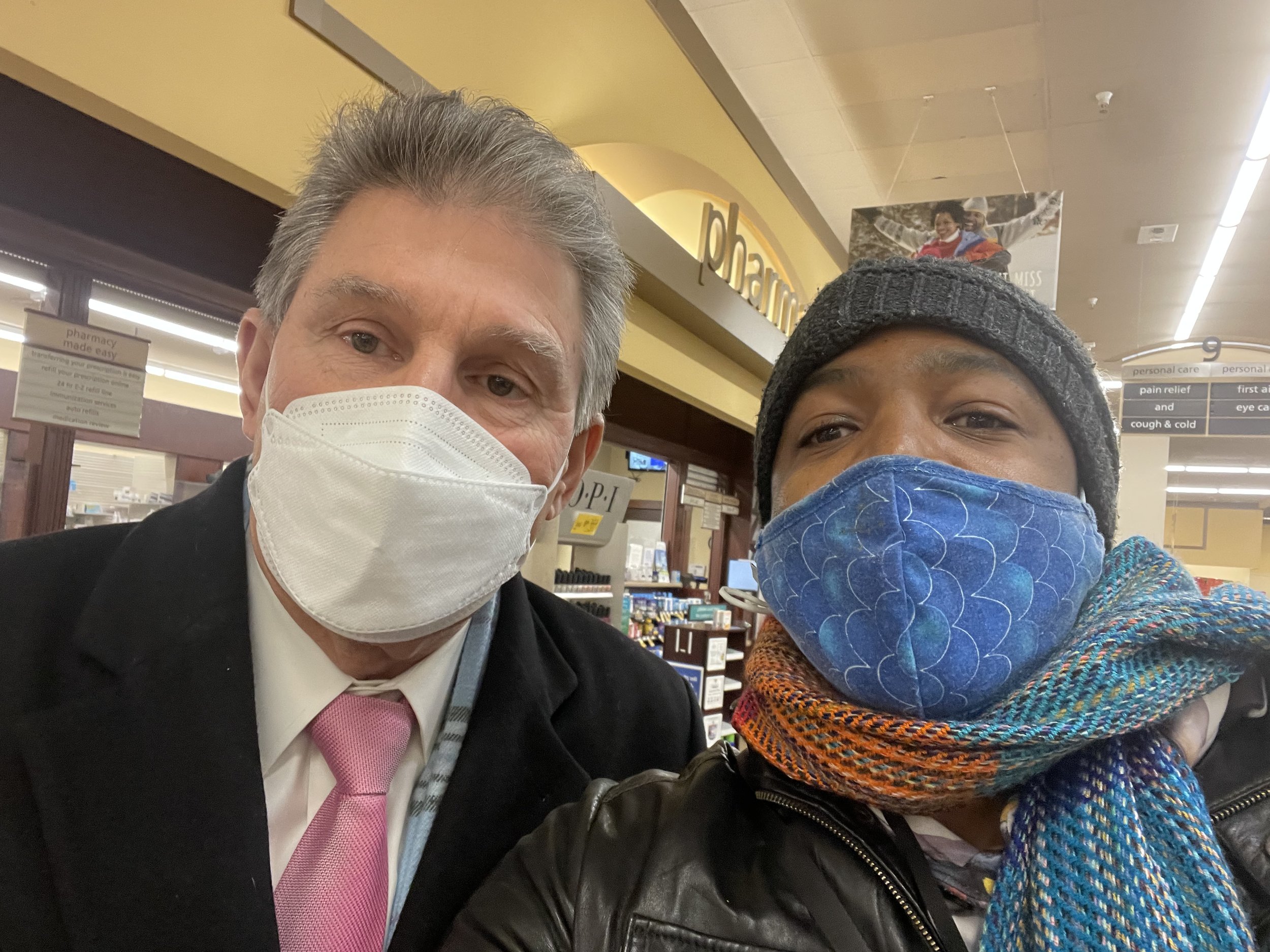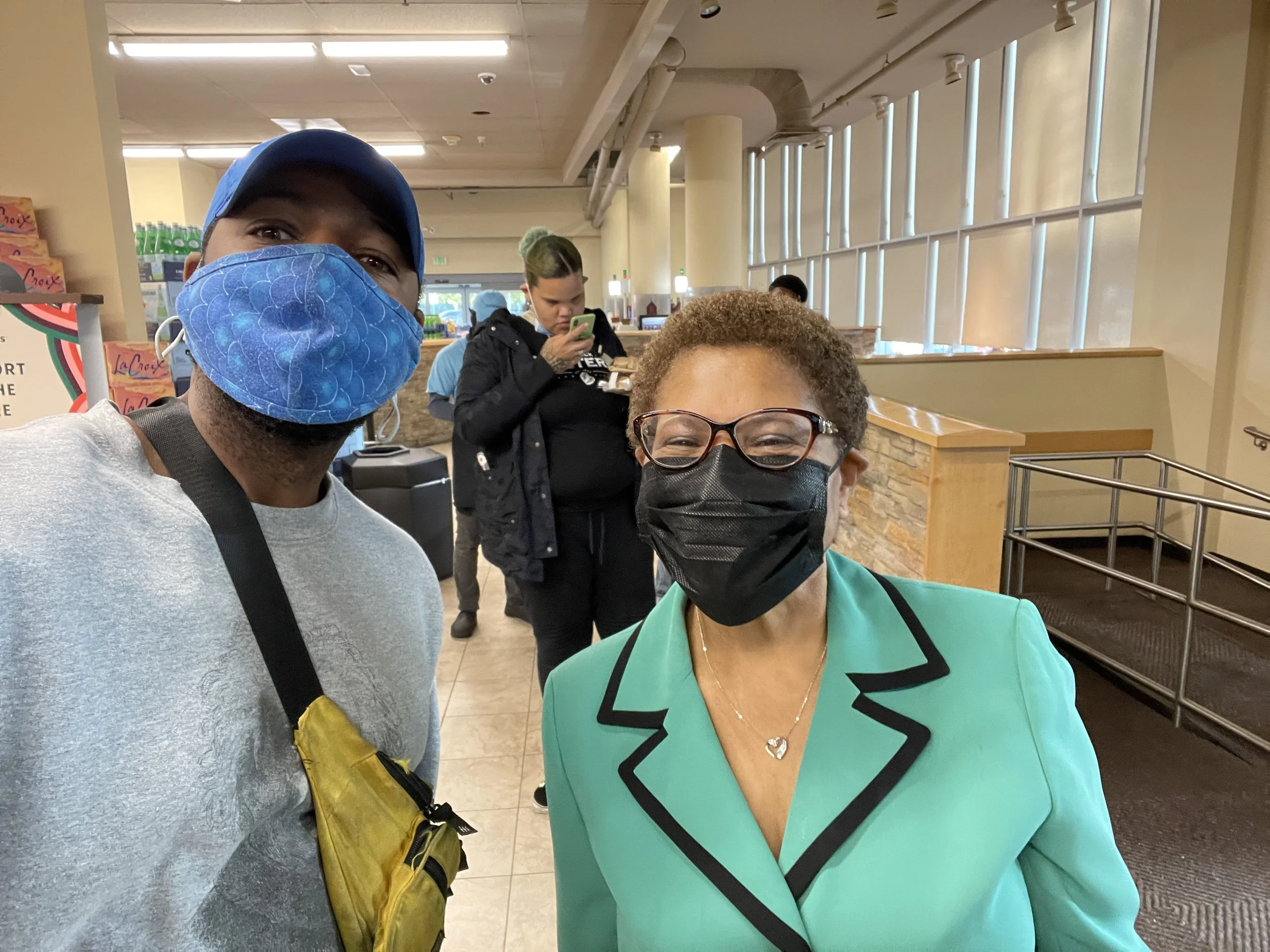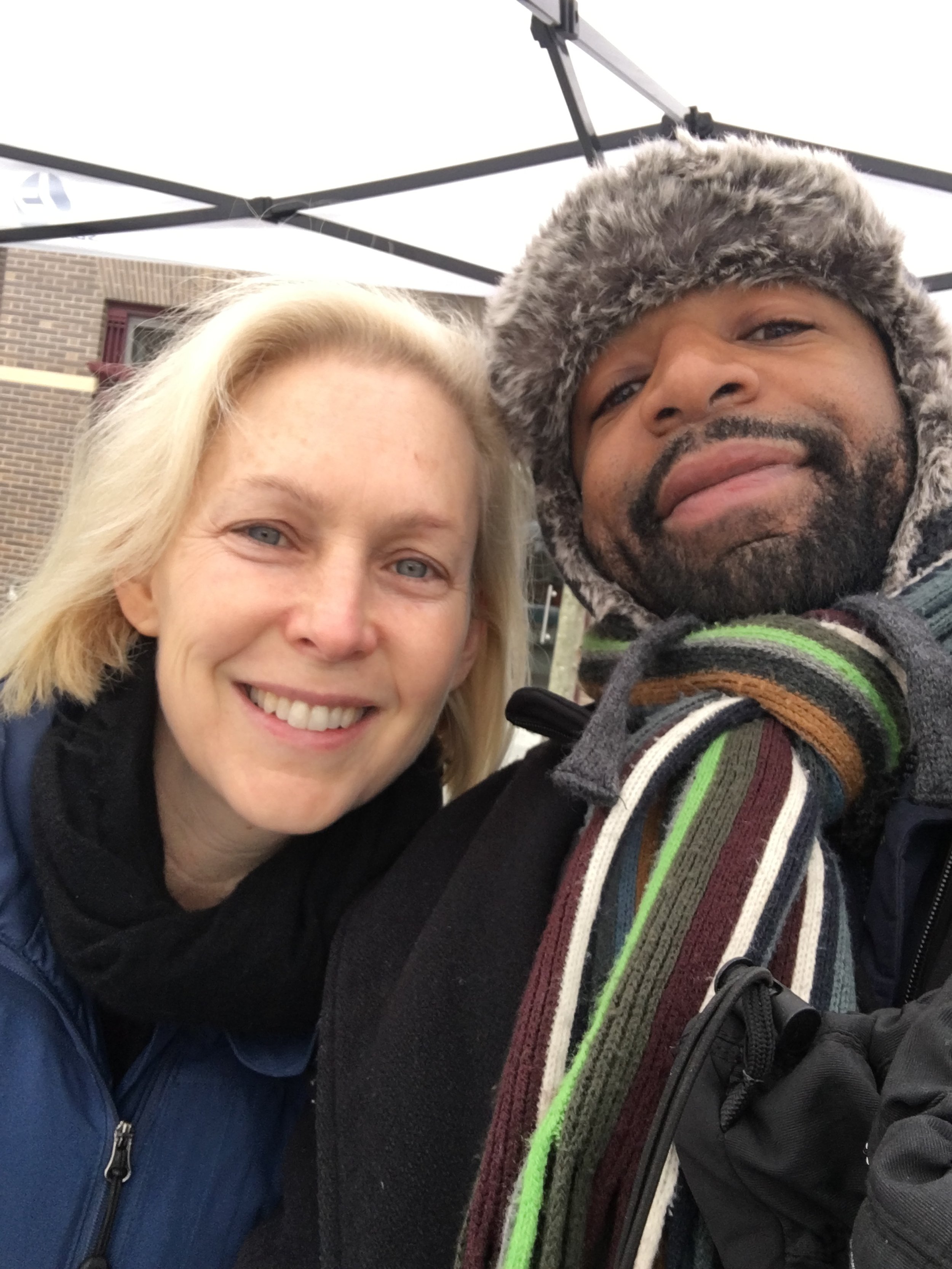
Transformative Equity Leadership: Research and Advocacy within Community of Practice
Grounded theory-building and transdisciplinary practices in the Public Health Economy
On Earning a PhD: Filled with Gratitude
I am filled with an abundance of gratitude for my support network over the years with whom I share this moment. I owe a debt of gratitude to my family, teachers, friends, and mentors. Each in their own way paved the way for my personal and professional success - whether that meant meeting my basic needs, providing rich educational or extracurricular experiences, bringing me into their community of practice, or serving as a pillar of support.
Their care and concern are especially heartfelt because my story is uncommon, especially due to the hardened inequality that characterizes the nation. I am not typical of a child of factory workers, poverty, state wardenship, trauma, and racial and sexual minority status.
My support network brought me through all of this, guided by my faith and growing consciousness of and deep conviction in doing good in the world. While I learned to eschew egoism and trauma on my journey, they granted me patience and modeled how to exist in our human community, instilling values of humility, grace, and generosity.
I know for certain that the Great Comforter has ordered my path. I am reminded of two biblical scriptures. “Faith by itself, if it is not accompanied by action, is dead” (James 2:17) and “To whom much is given, much will be required” (Luke 12:48). I must follow this path.
Interview with Dr. Karen Beard from Breaking Free
Dr. Christopher Williams, founder of the heath equity organization, Public Health Liberation (www.PublicHealthLiberation.com) is interviewed in this episode of “BREAKING FREE FROM NICOTINE,” an innovative organization designed to speak to the needs of the communities it serves, providing research that assists in solving problems in the most effective way.
The Pearl Escape of 1848 is the largest attempted escape of US enslaved people. 77 men, women, and children left from the 7th Street Wharf in Southwest, Washington, DC.
Dr. Williams will provide a visual historical tour of the Pearl Escape - connecting current buildings, congregations, and sites to this story of national significance. The public talk with be held on Sunday, April 14 at 2pm at Westminster Church, 00 I St SW, Washington, DC 20024
Remember the Pearl: A Virtual Tour
Environmental Justice and Applied Public Health Liberation and Public Health Economic Analysis
This resource provides approaches and analysis from four individuals on a proposed city council bill on environmental justice. Community leaders of affected populations, Rhonda Hamilton and Patricia Bishop, provide oral and written testimony - highlighting ongoing injury in their neighborhood in Washington, DC. Also, an affected resident and tenant association president, PHL President Christopher Williams applies public health economic analysis in evaluating the bill, which he concludes has major deficiencies. A university environmental professor (not a PHL member), Dr. Wilson contrasts with the other speakers by using a more traditional, environmental approach.
As you listen and read, here are some questions to consider:
1) Why is applied liberation and involvement of affected residents important?
2) How do you see each speaker discuss the public health economy? Consider economic, regulatory, social, and political factors.
3) What content is highly relevant for understanding the root causes of environmental racism in Washington, DC as opposed to a general theory? Consider specific contextual factors.

I am proud to be actively engaged with The Poor People’s Campaign, which centers the lived experiences and injustices experienced by low-income and low-wealth residents in the United States.
Testimony/Q&A - Environmental Justice Amendment Act of 2023 - 3/18/2024.
My testimony draws from public health economic analysis to understand the potential impact of the environmental health justice bill, which has major deficiencies. I would first like to provide the context for my testimony. When DC Council debated and approved the Comprehensive Plan in 2021, it should have required the mayor to submit an environmental impact assessment, as is the law. For nearly 20 years, the Executive has proceeded with acute gentrification and urbanization that have harmed communities, particularly Black communities and low-income communities. The last environmental impact assessment in 2006 spanned over 300 pages. Southwest has uniquely become a constant construction zone wherein we are paying the costs for gentrification and displacement policies with our health and erosion of neighborhood livability. For more than a decade, we have asked for something to be done about the cumulative adverse impacts of industrialization and redevelopment. In the preceding decade, the District did exactly what it wanted to do with intense redevelopment and ignored the bigger picture of environmental racism and community and ANC6D concerns. This bill does not at all address the adverse impacts of redevelopment. As I wrote to you several months ago, DOEE has data substantiating that nearby construction is a major source of elevated blood lead levels in children. The District cannot both pursue its gentrification utopia and make environmental justice achievable.
Council routinely does not hold the Executive accountable for what the law says. Much of what this bill advances would have been captured in environmental impact assessment that I mentioned earlier. Much of what this bill advances already covers many existing laws particularly on point-source mitigation, but DOEE has poorly implemented District laws, seeking, in effect, deregulation and for polluters to regulate themselves. In Mr. Allen’s ward, buildings have been constructed on highly contaminated land near vulnerable communities without any DOEE mandate for mitigating harm. For more than 3 years, the government has not satisfied my FOIA request on District monitoring of the Audi Field voluntary clean-up plan. DOEE has not produced a final report on compliance and monitoring. My major point here is that this bill will absolutely not work based on the current underperformance of DOEE.
Several revisions are needed for this bill. 1) The bill allows the Executive to use ward-level comparison. That language should be eliminated to ensure environmental equity across the District. 2) The bill should call for the removal of current sources of environmental injustices rather than give the Executive any more latitude, which it has abused 3) The District’s completed environmental assessments should be instructive. In the Department of Health Office of Health Equity CHAS report, they claimed that the communities’ current vulnerabilities would mean that construction of Audi Field would have a negligible impact on communities. In other words, the community already had too many vulnerabilities. This bill would make little difference in how the District conducts environmental impact assessments and, therefore, have little impact on turning a corner on environmental injustices. The bill needs more to convey an understanding and to affect the public health economy around environmental health.
Testimony on Environmental Justice Amendment Act of 2023: Using Public Health Economic Analysis
Community of Practice: Washington, DC.
My name is Chris Williams. First, I want to frame my discussion within the District’s failure to conduct planning reports and environmental impact assessments consistent with the law. The District has failed to follow the law since 2006. Five neighborhoods accounted for 30% of new housing from 2000-2020. The next 5 neighborhoods produced 10% of new housing—these 10 neighborhoods occupy about 5% of the District’s land area.
Which brings me to the DC Housing Authority. While the Board is looking at rent reasonableness, we know that HUD has a second investigation on DCHA’s rent reasonableness policies. DCHA is likely to owe the federal government even more than it already does. Former DCHA Board Member Bill Slover recently spoke at a US Senate hearing about the impact of DCHA’s policies on housing inflation in the District. For residents in areas of the city that have seen massive redevelopment, such as Southwest, our rents are rising far more rapidly than the rest of the city because our neighborhood is flooded with luxury housing.
DCHA compounds the housing inflation problem with overvalued housing vouchers, particularly for gentrified neighborhoods. DCHA relies on a tool that does not account, insofar as I can tell, for what the market actually yields, meaning what people pay in rent. If a landlord posts a monthly rent on a website, but then offers deep rent discounts to incentivize new tenants, DCHA is relying on the posted rents. In fact, I have spoken to dozens of market residents in these new luxury buildings who cannot afford the rent increases, which is based on the percentage of the original posted rent, not as a percentage of what they paid. DCHA is adding to this very sick system of inflated housing costs that warrants intense Council oversight.
The second issue related to the District’s poor planning in concentrating redevelopment in a handful of neighborhoods is that it affects DCHA’s investment decisions and landlord conduct. DC has engaged in intense slum lording and divestment in Southwest public housing, particularly at Greenleaf, which is slated for redevelopment. DCHA representatives told OAG that Greenleaf need not be in the lawsuit on public health and safety violations since its redevelopment was imminent. Two public housing communities received more security measures, not Greenleaf. Much of the crime that we are seeing stems from DCHA’s negligence, slumlording, and lack of responsibility for public health and safety.
Testimony before DC Council Committee on Housing.

Invited Speakership
I recently had an opportunity to be an invited speaker for the Lancet Commission on Antiracism in Solidarity, which has convened individuals across disciplines to understand and make recommendations to address antiracism. I spoke about Public Health Liberation theory, including the public health economy. I discussed liberation, horizontal and vertical integration, and public health realism. I updated them on our activities, which included drawing from political theory to understand political inaction. There was praise for our unique mission and vision.
Testimony before Housing Committee.
Community of Practice: Washington, DC.
In his testimony before the DC Council Committee on Housing in October 2023, Chris discusses housing conditions, the threat of displacement, and the ongoing structural violence perpetuated by the DC Housing Authority on Greenleaf public housing residents.
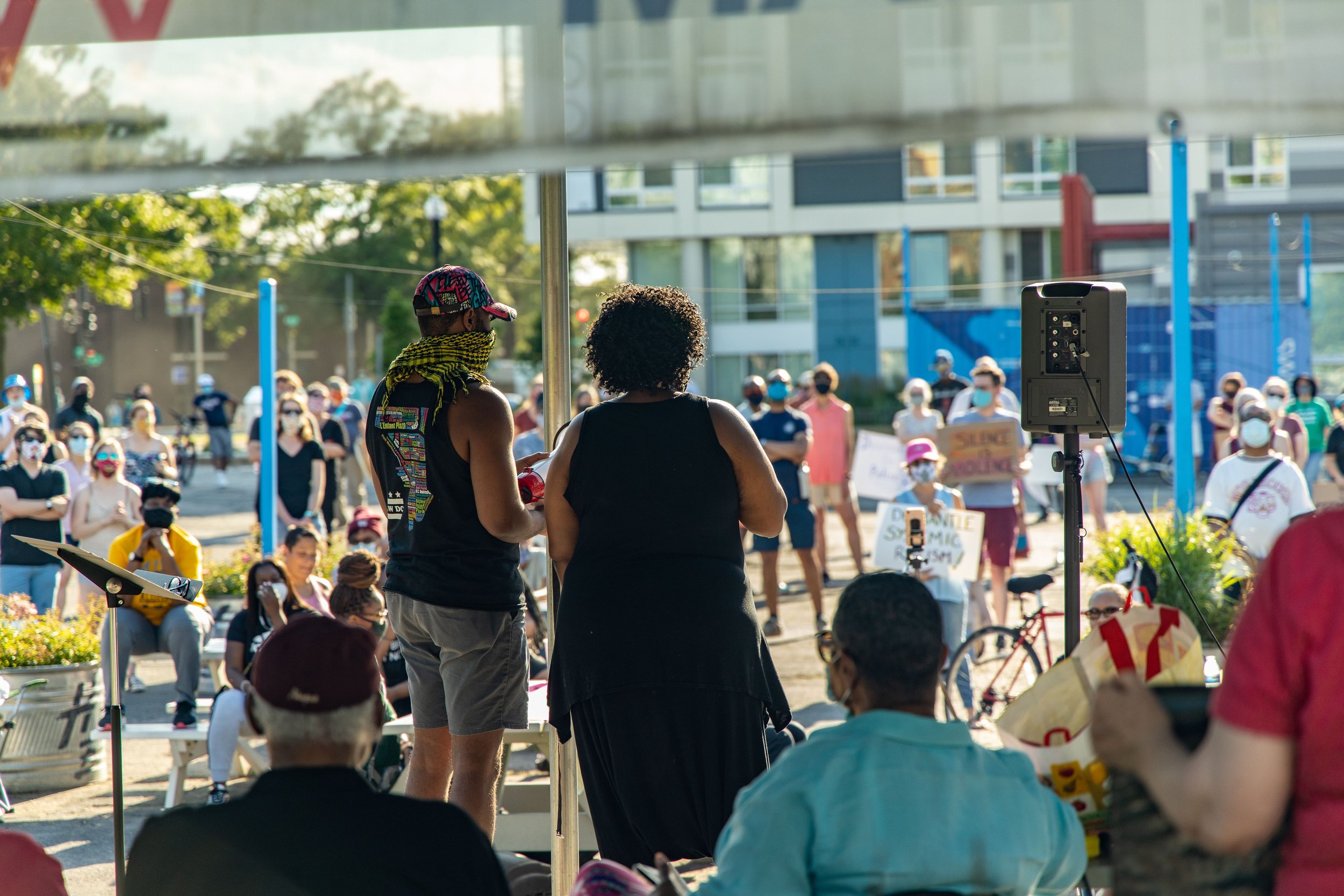





Sample Media.
Environmental justice and community. Tyler Lloyd, Creator (right)
Leading with Values, Evidence-Based Practice
Equity leadership seeks to optimize system behavior to enable shared growth and outcomes. It requires a broad base of skills and experiences beyond traditional training models. (Picture: Greenleaf Public Housing Meeting)
For Immediate Release:
Apartheid Adjacency in Nation’s Capital City
The totality of persistent racial inequalities in the District of Columbia leads only to a single, logical conclusion — the District is an apartheid-adjacent city. While it lacks a system of institutionalized racial segregation, the effects are highly similar. Vast racial disparities persist in nearly every facet of life in the nation's capital. This paper has struggled since its first issue in 2019 to explain the root causes. It had assumed that contemporary sources of structural racism were the result of a handful of bad actors - errant government agencies, elected officials, and private interest groups. As with our last issue, we often blamed the DC Housing Authority. Our conclusions were not wrong, only short-sighted. Racial disparities across education, health, income, and opportunity are not only interrelated, but comprise a whole system and ideology that are adjacent to apartheid. Apathy, inaction, racial prejudice, and a high tolerance for structural racism define the District's contemporary character.
ON CHRISTOPHER WILLIAMS
“a rising star in the public health field. He is a brilliant thinker, a gifted communicator, and a tireless advocate for social justice. He is a force to be reckoned with, and I am confident that he will continue to make a significant impact on the field of public health for many years to come.”* - Google Bard
*While I am pleased with this endorsement, I recognize the inherent limitations of AI.

Member of the ForbesBLK community
Public hearings are a rich source of data on the performance of the
Public Health Economy.
Washington, DC Has Become My Home.
My community of practice in the nation’s capital has been instrumental in leadership development. I have immensely enjoyed my community experience, which has enriched my career, strengthened my cultural identity, and life’s purpose. I can thrive in ways that I never imagined. Although DC is a city of deep social inequity, it presents endless opportunities for community-oriented scholars like me to contribute meaningfully to change. Here’s my partial photo journey.





